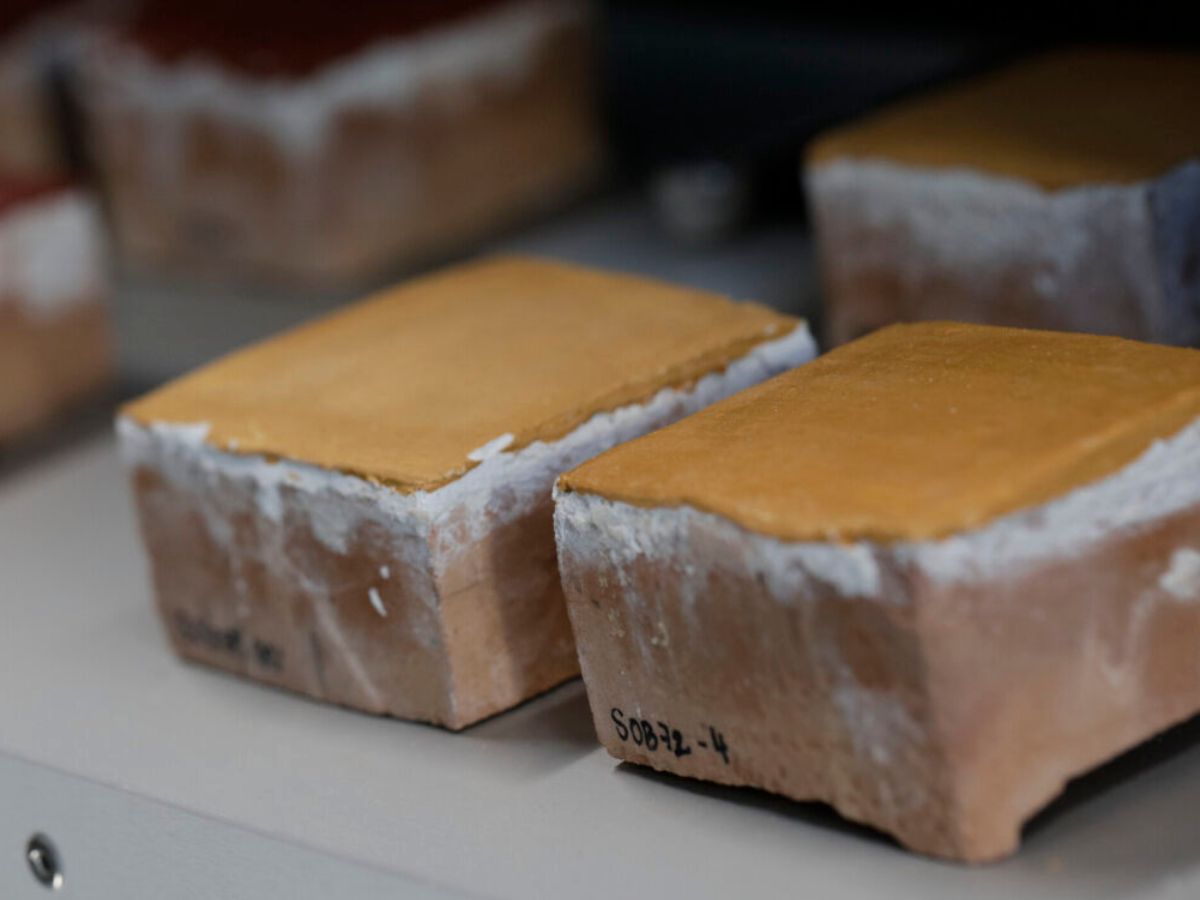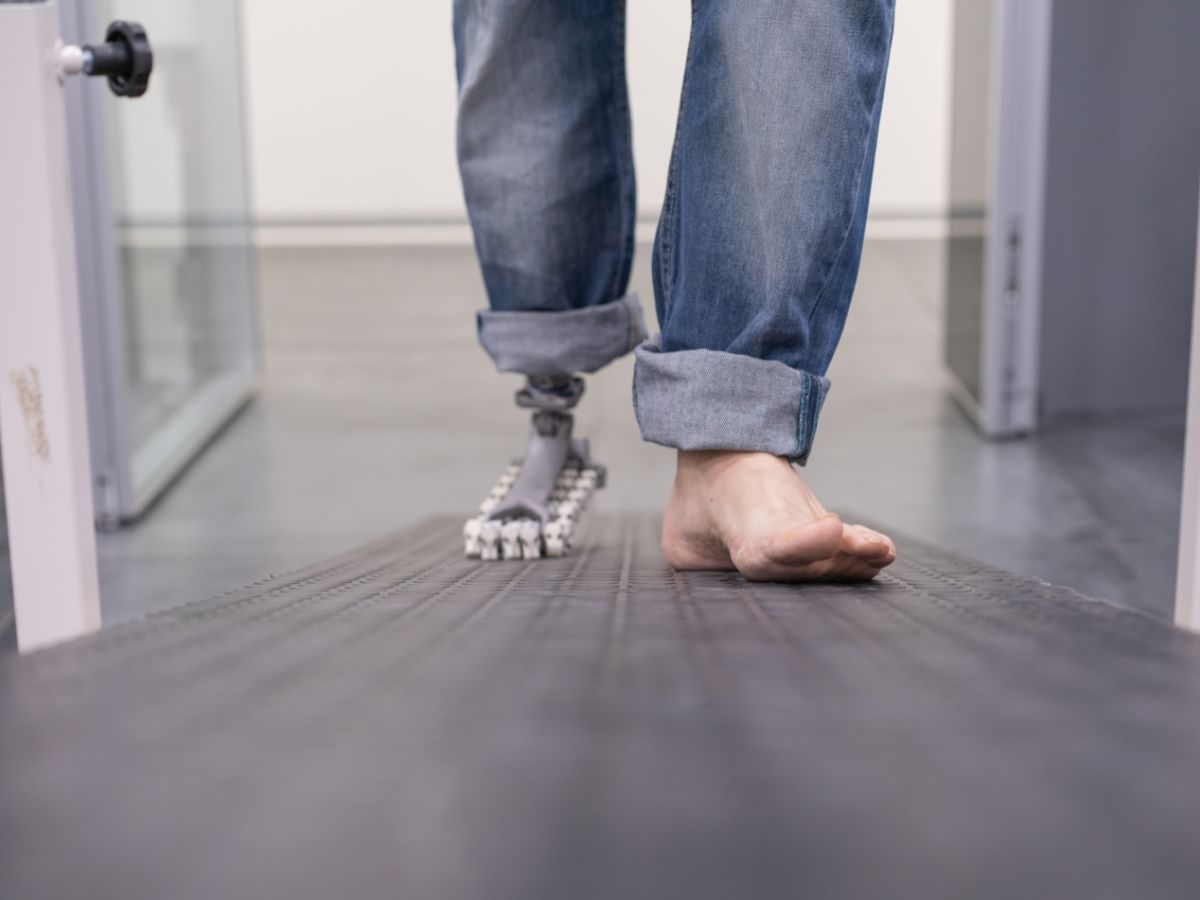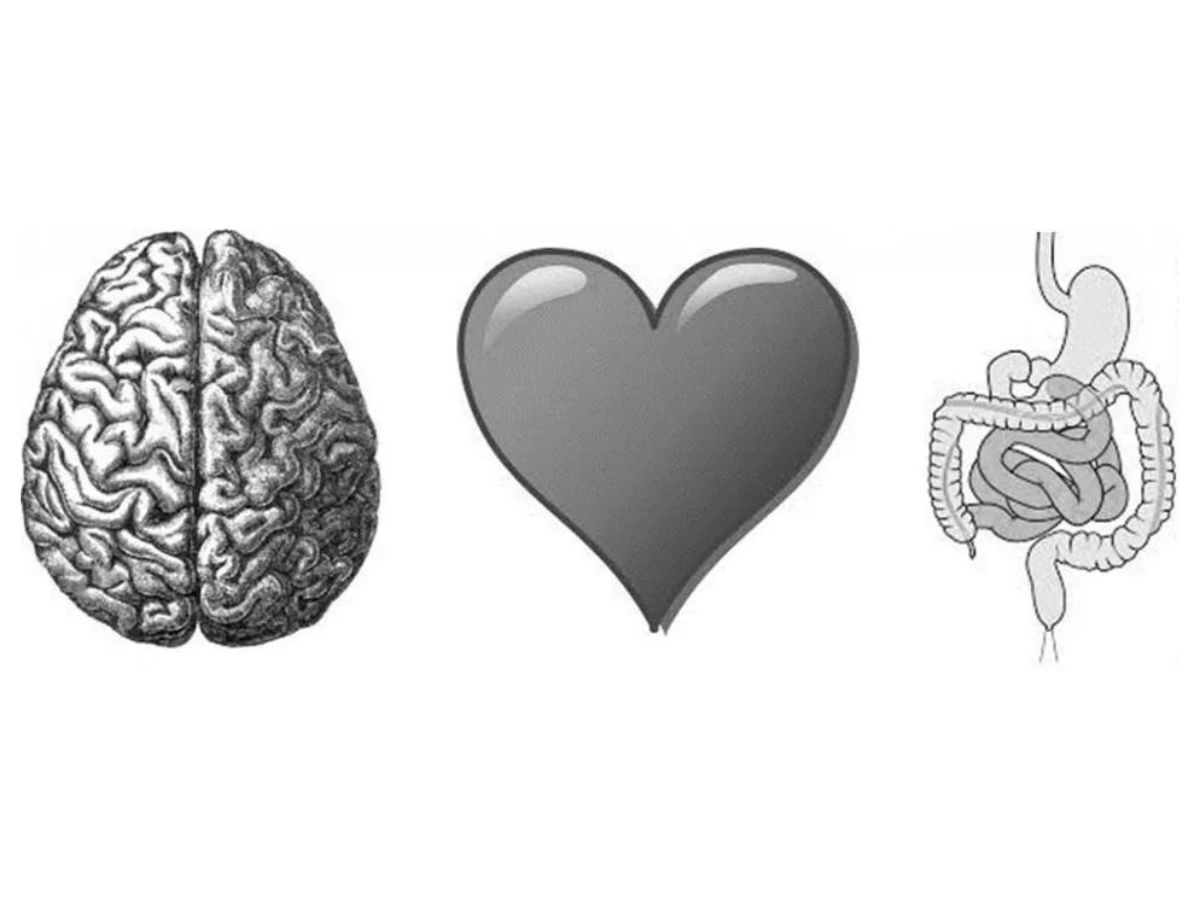Launched by a consortium of 14 entities as a result of an international workshop, the first Manifesto outlining 10 actions to be taken for the conservation and treatment of cultural heritage according to the best principles of environmental sustainability
Today, the Center for Cultural Heritage Technologies of the Italian Institute of Technology (CCHT-IIT), the University of Amsterdam/Rijksmuseum, and CNRS/École Normale Supérieure de Paris-Saclay launch the first manifesto for sustainable conservation of cultural heritage. The manifesto aims to improve conservation practices and promote more sustainable and ecological methods in museum practices.
During the COP28 in Dubai, the United Nations event on the climate crisis with the participation of over 70,000 attendees and delegates from 199 states, British museums released a joint statement emphasizing both the ambition to reduce the carbon footprint of museums and, more importantly, the ethical obligation to address this issue more broadly. Currently, museums significantly contribute to pollution due to non-eco-friendly practices, requiring, as highlighted by the UK statement, a complete overhaul of management, logistics, and materials.
On December 8th, a High-Level Ministerial Dialogue on climate actions based on culture is scheduled at COP, making it a symbolic date for the launch of the manifesto. The manifesto originates from an international workshop organized in 2021 by CCHT-IIT, Rijksmuseum, the University of Amsterdam, and École Normale Supérieure de Paris-Saclay, titled “Materials for the Ecological Conservation of European Cultural Heritage” (Green Conservation Materials for European Heritage), hosted and funded by the Lorentz Center, a center of Leiden University, and the NWO (Dutch Research Council).
During this occasion, representatives from 14 institutions, including universities (Université Paris-Saclay, Università Alma Mater Studiorum Bologna, University of Amsterdam, Universiteit Leiden, Haute Ecole Neuchatel, Ecole Normale Supérieure Paris-Saclay, Humanitas University), research institutes (Italian Institute of Technology- IIT, Italian National Research Council CNR, Institute of Cultural Heritage Sciences), organizations (KiCulture), entities (Rijksmuseum, English Heritage, The Courtauld Museum, The Mary Rose Trust), and industry professionals, shared their experiences and perspectives on current conservation practices. They laid the foundation for the manifesto, which includes 10 points representing a roadmap for defining key measures necessary to achieve more ecological conservation of European heritage.
The 10 points outlined in the manifesto, available on the website https://greenculturalheritage.eu/ , reflect the commitment of the scientific and institutional community to transition towards more conscious and sustainable practices. This effort aims to ensure the safety of operators’ health and the environment, contributing to the objectives set by the European Union’s Green Deal initiative, which aims to make Europe the first climate-neutral continent by 2050.





